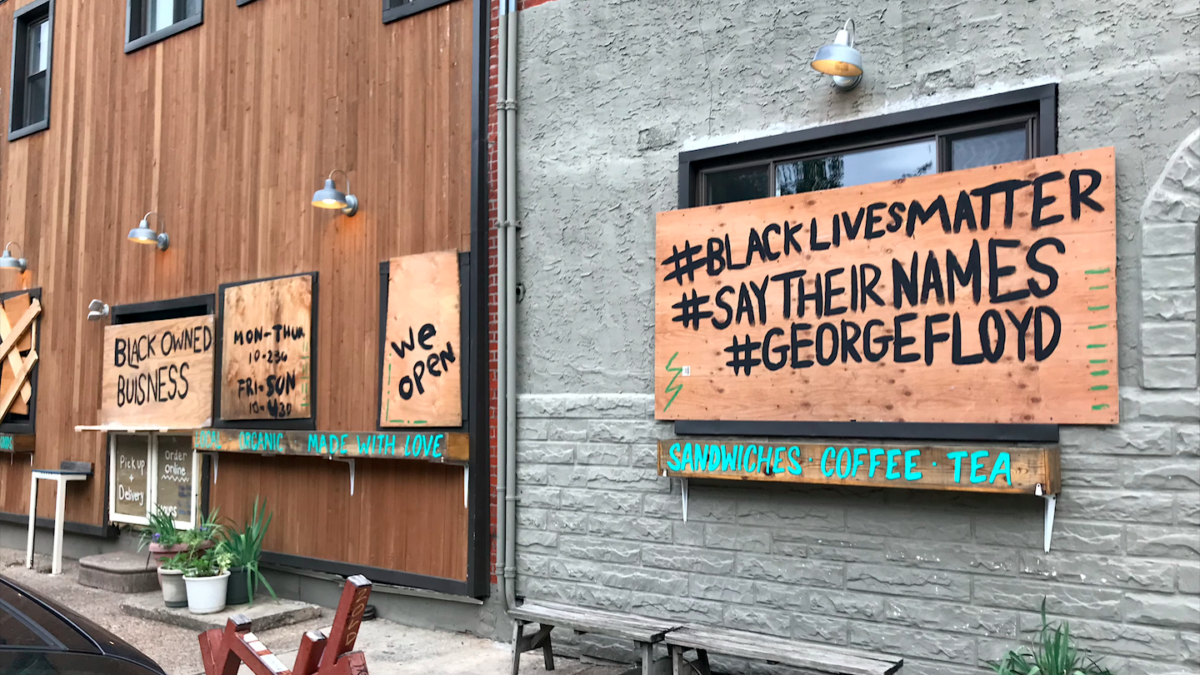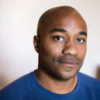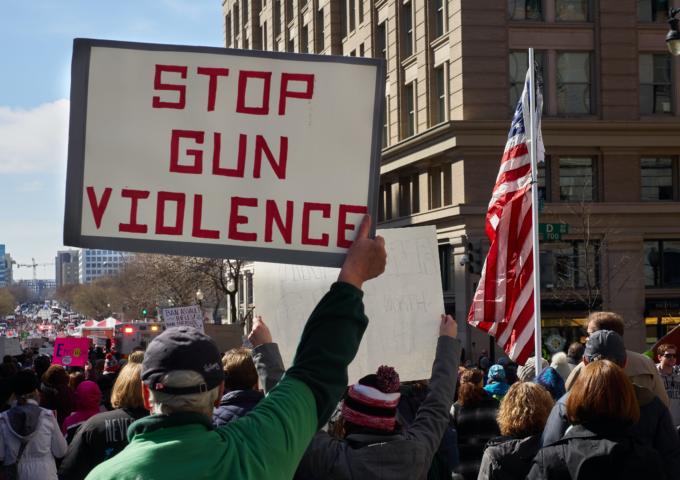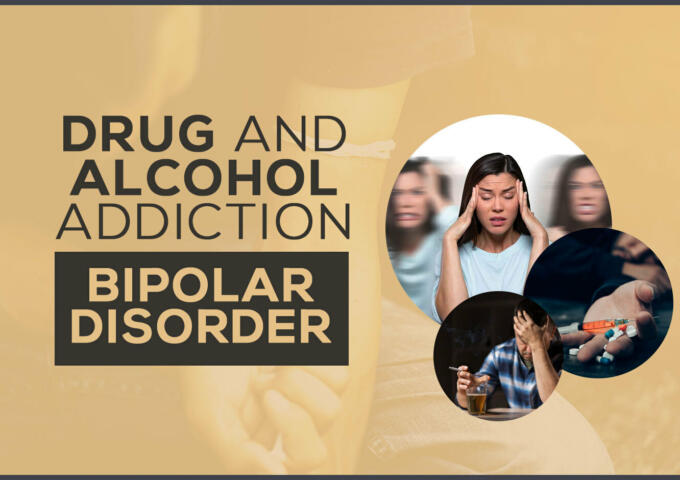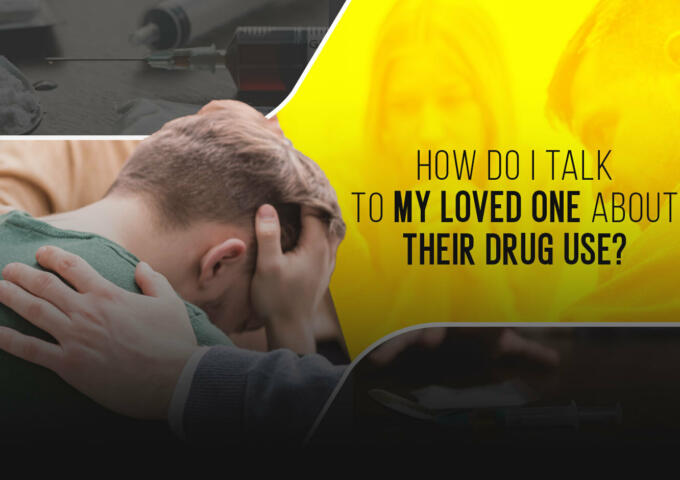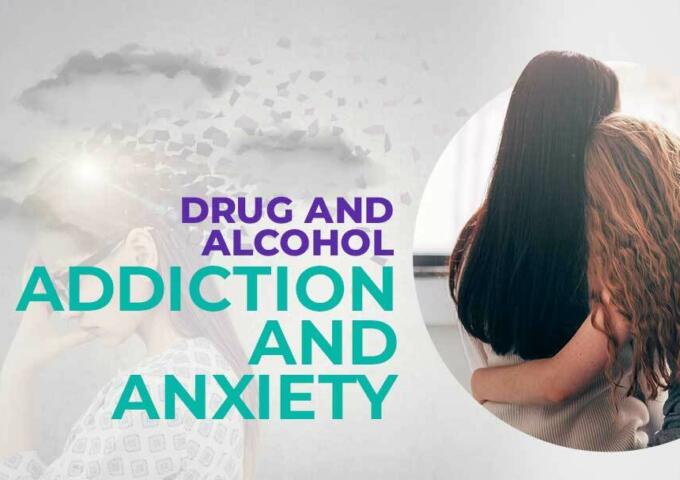I’m thankful for George Floyd.
I’m thankful for the uncomfortable feeling so many of us felt watching him brutally murdered at the hands of men who took an oath to protect and serve. I’m thankful that his death wasn’t a quick news segment but that for days it has disrupted our way of life, a life already disrupted by a virus that for so many has already taken so much.
I’m thankful for the anger that allowed us to put COVID-19 on the backburner, as hundreds of us donned masks and took to the street, risking our own lives and wellbeing to speak out on injustice. If anything the demonstrations we’ve seen are indicative of people fed up with so much, having our freedoms taken, having our way of life uprooted and the final straw of watching another unarmed person of color lose their life senselessly at the hands of police.
Within the confines of our city, we were witness to nearly a week of protests turned riots that have exhausted those who reside within the epicenter of multiple demonstrations – both in Center City and scattered across Philadelphia’s neighborhoods. George Floyd’s death got our own police force and city government to take a hard look at how they do their jobs.
I know because I’ve spoken to buddies who are Philadelphia Police officers, who detest the murder of George Floyd, admitting however that some officers in our own city have been known to use tactics like that while others turn a blind eye. Usually, in my conversations with my law enforcement friends, there is this period of them poking fun at me, the liberal alt-weekly editor, challenging their world view, one molded by having to witness the worst of humanity on a nightly basis.
This time though, when talking about George Floyd’s death and the powder keg it created, the conversation was different. I was talking to Philadelphia Police officers visibly upset at what we all witnessed.
“You can’t do shit like that man, eight minutes? Eight. Like what was this guy thinking?” said my one buddy, referring to Minneapolis police officer Derek Chauvin and the knee he placed on Floyd’s neck, rendering him unconscious. While my friend was outspoken during our chat, he did ask that his name be left out “if I planned on writing about any of this,” for fear of retribution.
Fear of retribution. From a brotherhood of cops and a system that should all feel the way he does.
But thanks to George Floyd, that conversation is happening. I’m told the cops who took a knee with protesters on Tuesday night in Fishtown did so for more than the news cameras and helicopters flying overhead. I’d like to believe the quiet removal of the Frank Rizzo statue outside of the Municipal Building, a statue that stood for far too long and served as the image of police brutality in Philadelphia shows the thousands who took to the streets in protest that the city heard them and that hopefully, change is starting.
“What we saw is that people weren’t afraid to act out – they weren’t afraid of us. It was more than just protests, it was anger you could feel. I mean I get it, people are sick and tired of being pushed around.”
member of Philadelphia Police Department under condition of anonymity
The multiple nights of looting, violence and destruction can’t be in vain. The lives ruined and the jobs lost as a result of battered storefronts can’t be for naught. There needs to be policies enacted, cops held to the fire for egregious methods – like shooting tear gas on protestors trying to flee as we witnessed during rush hour on I-676 Monday or turning a blind eye to a racist neighborhood militia trying to incite a riot in Fishtown.
These things can’t be allowed to stand – and in the case of Fishtown, the very next night it didn’t, as many of those same officers knelt with protesters, hugged them and had civil conversations about where we go from here, as a neighborhood, as a city and as a nation.
“This city was a warzone over the weekend,” said my cop friend, who noted he pulled a 16-hour shift on Saturday, the first night of the protests. “The radio didn’t stop and a lot of cops will tell you we never thought it would get that bad. What we saw is that people weren’t afraid to act out – they weren’t afraid of us. It was more than just protests, it was anger you could feel. I mean I get it, people are sick and tired of being pushed around.”
In a 2015 report from the U.S. Department of Justice examining the use of force by Philadelphia police officers, Ronald L. Davis, the director of the study, wrote that “the issue facing the Philadelphia Police Department was an increase in use of force resulting in a fractured relationship with community stakeholders.” To put in layman’s terms, the community doesn’t trust cops, and cops aren’t helping that by harassing people.
It’s not every police officer. It’s not the cop who volunteers his time at the Police Athletic League after working a 10-hour shift. It’s probably not the cop who reads books to kids at city schools or turns a blind eye to black kids smoking pot in a park. It’s not the cop who has a clean service record or the one who volunteers to feed older adults at a senior center.
All events my police buddies take part in within their own precinct. But we need good cops to speak up when they disagree with one of their colleagues. Call out the ones who show up to a scene with the us vs. them mentality that finds far too many incidents ending in a manner that could be avoided. Allow cops to speak freely on issues and not hide behind the veil of anonymity for fear of being fucked with or ostracized by colleagues.
I saw a quote from George Floyd’s young daughter that has stuck with me through all of the events that have transpired over the last few days.
“My daddy changed the world.”
I certainly hope so. But for now, I’d settle for a change in cop culture.
